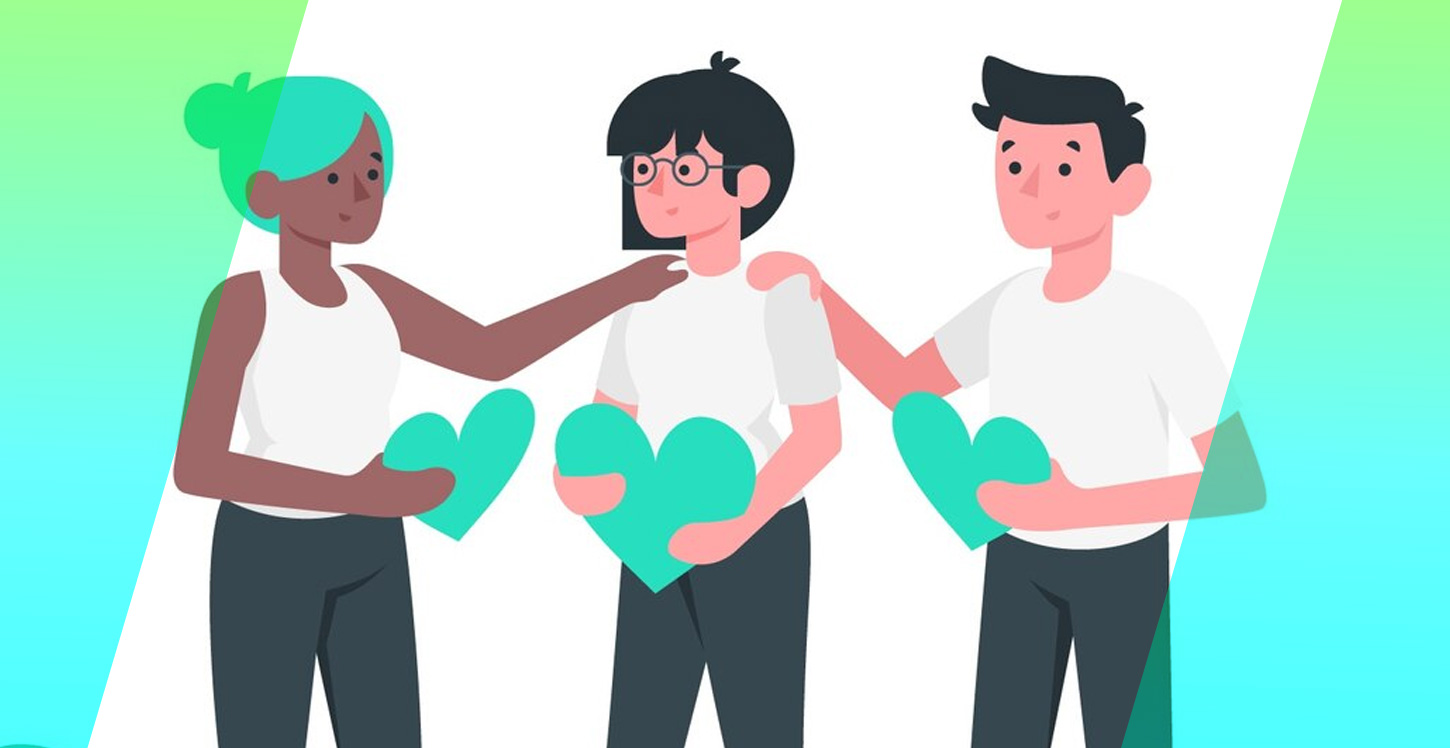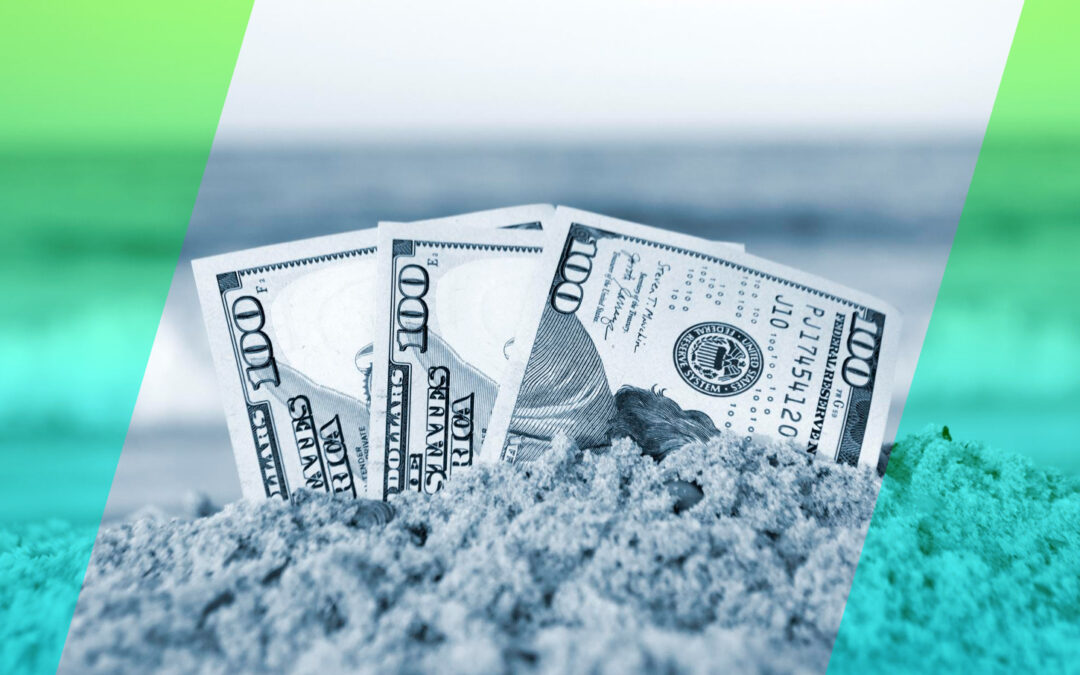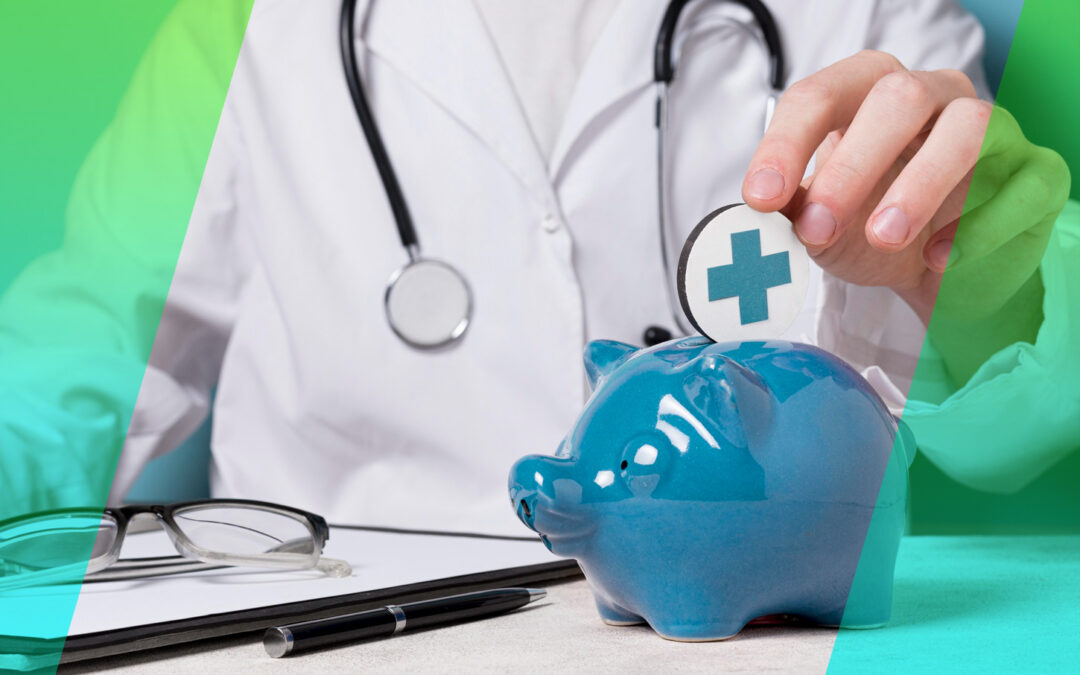Key Takeaways
- Debt Causes are Complex: Debt is rarely a moral failing; it’s often a mathematical problem caused by factors like the rising cost of living or unexpected emergencies.
- Credit Impact Varies: Debt relief can negatively impact your credit in the short term, but successfully completing a program allows you to begin rebuilding.
- Choosing a Partner is Crucial: A reliable company is transparent about fees, never guarantees outcomes, and is compliant with federal and state regulations.
- You Have Multiple Options: The right path—be it settlement, consolidation, or another strategy—depends entirely on your unique financial situation.
Understanding Your Situation & Your Debt
Why am I in debt?
For most people, debt stems from a combination of factors. A primary driver is often the rising cost of living—housing, transportation, and daily goods can stretch a budget to its breaking point. This leaves little room for unexpected life events. A sudden medical emergency, a major car repair, or a reduction in income can quickly force a reliance on credit cards, leading to a debt cycle that’s hard to break.What types of debt can be included in a relief program?
Most debt relief programs, particularly debt settlement, focus on unsecured debts. These are debts not backed by collateral. Common examples include:- Credit card debt
- Medical bills
- Personal loans and lines of credit
- Private student loans (in some cases)
- Old utility or cell phone bills sent to collections
Exploring Your Primary Debt Relief Options
How does debt relief actually “fix” my debt?
Debt relief programs “fix” debt by changing its terms to make it more manageable. The mechanism depends on the program: Debt Settlement: Fixes debt by negotiating with creditors to accept a lower principal balance. You pay less than you originally owed. Debt Consolidation: Fixes debt by combining multiple high-interest debts into a single new loan with a lower interest rate, making payments more affordable. Credit Counseling (DMP): Fixes debt by creating a structured repayment plan, often with reduced interest rates, to pay your debt back in full over 3-5 years.What is the difference between debt settlement and debt consolidation?
This is a critical distinction. Debt consolidation is a loan—you are borrowing new money to pay off old debts, ideally at a lower interest rate. You still owe the full principal amount. Debt settlement is a negotiation—the goal is to pay back *less* than the full principal amount you owe. Consolidation is a financing tool, while settlement is a debt reduction program.Can I do debt relief myself?
Yes, some strategies are designed for a DIY approach. The “Debt Snowball” (paying off smallest debts first) and “Debt Avalanche” (paying off highest-interest debts first) methods are popular. You can also try calling your creditors yourself to ask for a lower interest rate or a hardship plan. However, professional negotiators often have established relationships and can achieve more significant reductions, especially in a formal settlement program.The Impact and Consequences (Your Top Concerns)
How will debt relief affect my credit score?
This is one of the most important questions. Any form of debt relief that involves paying less than your original agreement—including debt settlement—will likely have a negative impact on your credit score in the short term. This is because your accounts may be reported as “settled for less than the full amount.” However, it’s crucial to view this in context. If you’re already missing payments, your score is already being damaged. Successfully completing a program stops the ongoing damage and allows you to resolve your debt, creating a foundation from which you can begin to rebuild your credit.Will I have to pay taxes on forgiven debt?
According to the IRS, any amount of forgiven debt over $600 may be considered taxable income. If a creditor forgives a portion of your debt, they may send you a 1099-C form. However, you may not have to pay taxes on it if you were legally insolvent at the time of the settlement. It is essential to consult with a qualified tax professional to understand your specific situation.Will creditors keep calling me during the process?
During a debt settlement program, you are typically advised to direct all creditor communication to your negotiation team. While the calls may not stop immediately, they should decrease significantly over time as the company engages with your creditors on your behalf.
Choosing a Partner & Getting Started
How do I find a reliable and trustworthy debt relief company?
Finding a reliable partner is key to your success. Look for these signs of a trustworthy company:- Transparency: They should be upfront about their process, potential risks (like credit impact), and their fee structure.
- Proper Accreditation: Check their rating with the Better Business Bureau (BBB) and ensure they are compliant with state and federal regulations.
- Educational Approach: A good company will focus on educating you about all your options, not just pushing you into one specific program.
- No Unrealistic Promises: Beware of any company that “guarantees” they can eliminate your debt or makes other promises that sound too good to be true.
Is debt relief a scam? How do I spot one?
“The single biggest red flag of a debt relief scam is a demand for large upfront fees. The Federal Trade Commission (FTC) explicitly forbids for-profit debt relief companies from charging any fees for settlement services until they have successfully settled at least one of your debts.” – Federal Trade Commission RuleIf a company asks for money before they’ve achieved any results for you, walk away immediately. Legitimate companies earn their fees after they’ve performed the service.
How much does debt relief cost?
Costs vary by program. Non-profit credit counseling agencies usually have small monthly fees. Debt consolidation loan costs are built into the interest rate. For debt settlement, the fee is typically a percentage of the amount of debt enrolled in the program or a percentage of the amount saved through negotiation. This fee should be clearly explained to you in writing before you sign up.How do I start my debt relief process?
Starting is simpler than you think. It’s a three-step process:- Gather Your Information: Collect your most recent statements for the debts you want to address.
- Have a Free Consultation: Schedule a confidential, no-obligation call with a specialist.
- Receive Your Personalized Plan: The specialist will review your situation and lay out the specific options you qualify for, allowing you to make an informed choice.
Disclaimer (Please Read): The content in this article is for informational purposes only and does not constitute financial, tax, or legal advice. Individual results will vary, and past performance does not guarantee future results. For specific questions and personalized guidance, consult a Swift Debt Relief professional or a qualified financial advisor.







